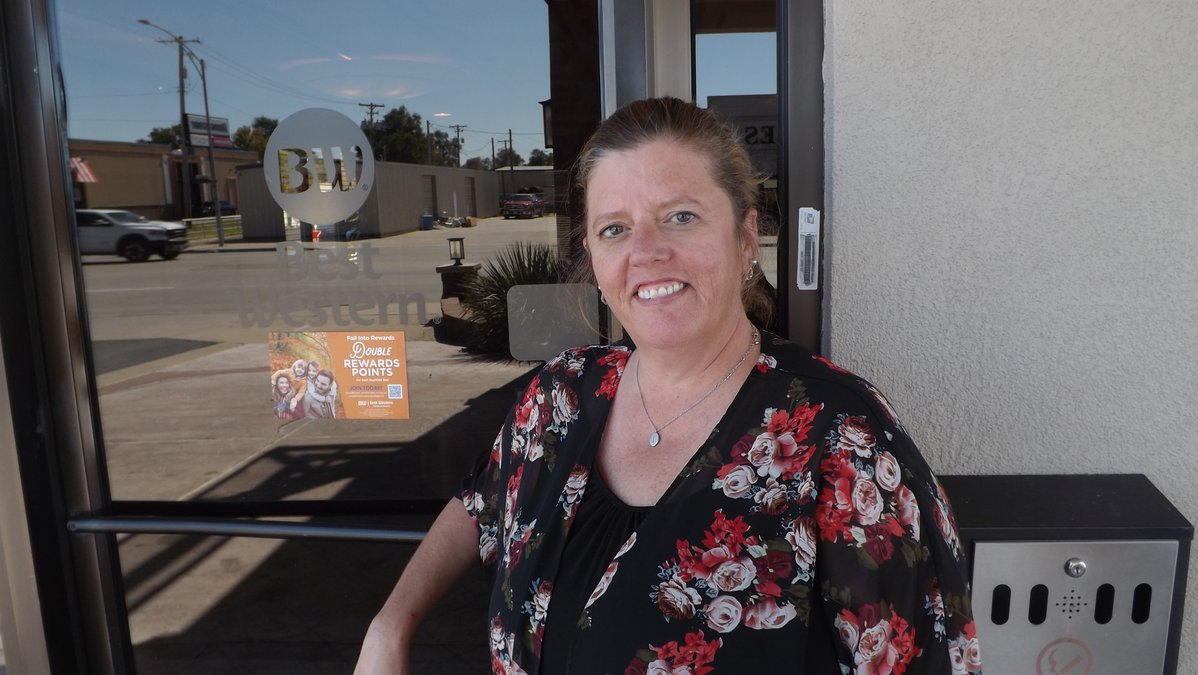CLAFLIN — The area’s drought has affected many agricultural sectors this growing season, but it is also having an impact on seasonal hunting activity.
While most hunters in the area favor the sport for its camaraderie, economics plays a significant role.
Dillon Haggerty, a professional hunting guide for Wing Chasers Outdoors based in Claflin, noted that the hunters he has led into local farmers’ fields prefer the more intangible aspects of the hunt.
“I expect to shoot a few less birds than I have in the past and that is basically because of the water conditions,” Haggerty said.
“These older gentleman treat (hunting) like it is more of the camaraderie that matters; they are not reaching for the hunt itself but rather for the camaraderie that comes with the overall experience they are used to,” he said. “Those guys are like that.
“I expect they will still be here and will still hunt even if they know the birds are diminished.”
Haggerty leads excursions into Pawnee and Stafford counties because the hunting is generally better there, he said.
He noted that waterfowl, which is his focus, is more readily found in Barton County under the current conditions.
Pheasant season starts on Nov. 12. Some hunting groups stay for a week every year, spending time with their families, Haggerty noted.
The hospitality perspective
Lacey Schofield, general manager at the Best Western Angus Inn in Great Bend, is optimistic about the number of seasonal visitors expected this year, even though the season got off to a slow start.
“At least 75% of our business during seasonal hunting is from our hunting groups from places like Texas, Arkansas, Missouri, Oklahoma, and other places, and they often make repeat visits every year to our hotel,” Schofield said.
“A lot of them are close with the landowners. Some of them grew up here in Kansas and moved away, but they come back for hunting.”
“We have hunters that come in groups from Minnesota, Missouri, and Wichita,” said Heather Weber, general manager of Rodeway Inn of Hoisington. Weber experienced last year’s hunting groups in her first year as manager at Rodeway Inn, in which groups basically reserved 80% of the total rooms the hotel had available in mid-November. “We have amenities available to our hunters like an animal cleaning station just for their use, and also open bar, and we also try to arrange a food truck to help meet their meal needs when they come in from the field and prefer not to visit local restaurants in their hunting gear.”
The economic picture
Christina Hayes at the Convention and Visitors Bureau is watching the visitor stream closely this year.
“We are concerned about the dry season and hunting,” she said. “However, our hotels are hopeful that the hunters will still come and scout the area for a mini-vacation since they may have already planned to visit Great Bend.
“We have received the highest amount of Transient Guest Tax ever recorded so far this year and we are happy about that, obviously,” Hayes said.
The outlook
Silage from the late-summer’s harvest has left plenty of food for resident bird populations, although they may be a little tougher to find, Haggerty noted.
“Birds like ducks and geese gravitate toward the food source,” Haggerty noted. “They will be after the winter wheat planted by farmers. They will be a little harder to find, but they are there.”







